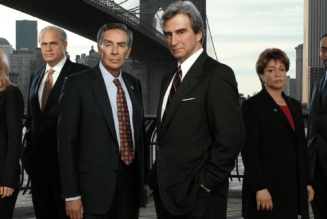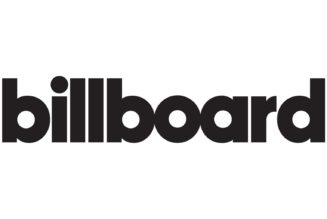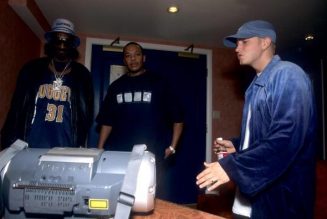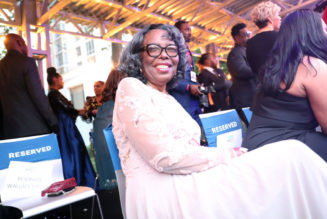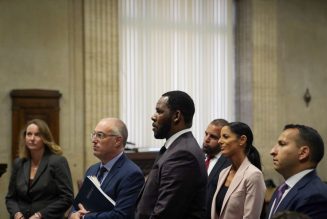
The controversial ordinance was first enacted in 1998.
Home recording studios in Nashville can open for business once again.
A longstanding law restricting client visits to home-based businesses in Nashville has been eliminated by the city’s Metro Council in a new bill, allowing home recording studios to legally operate in the city for the first time since 1998.
Enacted on July 8, the amended ordinance now permits up to six customer visits per day between the hours of 8 a.m. and 7 p.m. Monday through Saturday. To qualify under the new regulations, recording studios and other businesses that host customers on site and/or employ those who live outside the dwelling must first apply for a “home occupation” permit that requires proof of written notifications to owners of adjacent properties, as well as an affidavit verifying that the business does not violate any homeowners or rental agreement. The applicant must also be “a natural person or persons or trust” and be the legal owner or renter of the property with a lease of at least one year, among other prerequisites.
Additionally, the ordinance allows only one home occupation permit per lot in single-family and two-family zoning districts and only one permit per person, regardless of how many properties they own. Permits also cannot be transferred or assigned to another person or be authorized to any person who is not listed on the permit. Permits are rendered null and void if the business owner’s residency is terminated.
Importantly for recording studios, the ordinance also requires that no “noise” or “vibration” be heard outside the home. Permits can be revoked if three or more “verified complaints” are filed within a calendar year, while further violations are subject to fines of $50 per day, per violation.
The Nashville ordinance prohibiting client visits to home businesses (with exceptions for day cares and short-term rentals) reached new levels of scrutiny during the coronavirus pandemic, when many residents were suddenly prevented from working out of commercial spaces. In its July 8 ruling, the Metro Council found that existing regulations created “a hardship on residents seeking additional income to survive in a city with a skyrocketing cost of living” and represented “a significant barrier for children seeking tutoring services, music lessons, and other enrichment.”
“Permitting limited home-based business activity will protect the residential character of neighborhoods while allowing more Nashvillians to earn supplemental income to remain in their homes,” the council concluded.
Even before the pandemic, the 20-plus year ban proved controversial. In December 2017, Grammy-winning Nashville music producer and engineer Elijah “Lij” Shaw and another local business owner sued the city over the ordinance with assistance from the non-profit libertarian public interest law firm Institute for Justice and non-profit free-market think tank The Beacon Center of Tennessee. The lawsuit was dismissed last October by Nashville’s Chancery Court of Davidson County.


